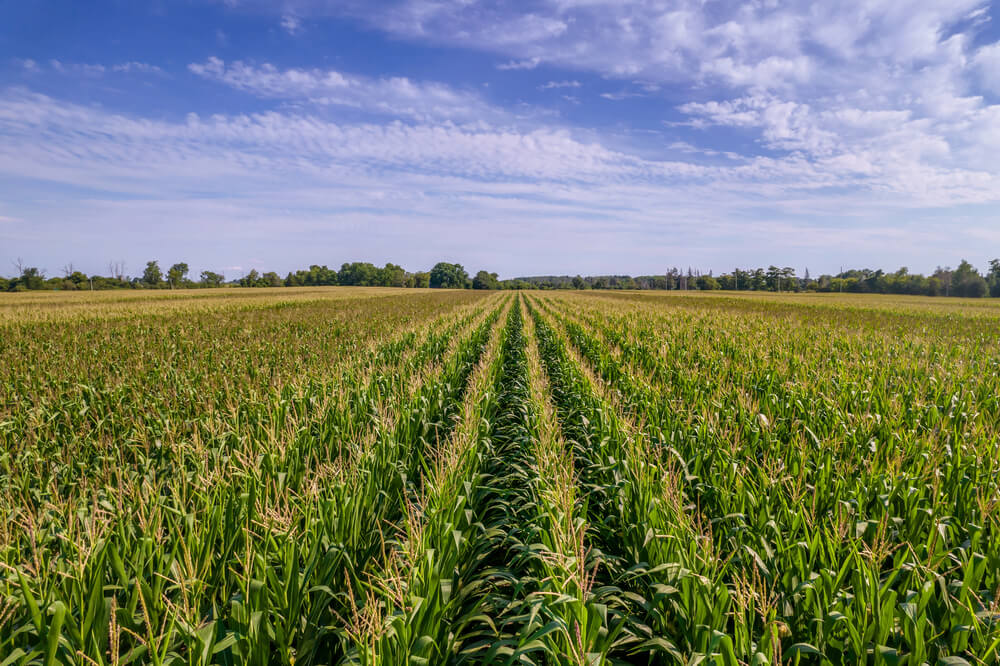
San Jose, 13 March 2025 (IICA) – Regenerative agricultural practices, such as crop rotation, direct seeding and the use of cover crops, enrich soil health and foster carbon sequestration, according to two University of São Paulo researchers featured in a new episode of the “IICA en Acción” podcast, disseminated via the Spotify channel of the Inter-American Institute for Cooperation on Agriculture (IICA).
Engineers, Carlos Eduardo Cerri and Mauricio Cherubim, gave details on a recently published study, which was conducted over a period of more than a year, examining the results of efforts to halt soil degradation and to make it more resilient to extreme climate events. The study highlighted the role of healthy and fertile soils in guaranteeing increased and improved agrifood production.
The University of São Paulo experts were invited to speak during the segment of the podcast devoted to the Living Soils of the Americas initiative, a joint project between IICA and the Ohio State University’s Carbon Management and Sequestration Center (CMASC), led by the award-winning scientist, Rattan Lal.
The Brazilian specialists worked with a large team of researchers, conducting an extensive and detailed search of published material on the beneficial effects of soil carbon sequestration, which is a practice that not only enhances nutrition in agricultural soils, but also assists in reducing emissions of the greenhouse gases responsible for climate change. They arrived at extremely promising conclusions regarding the positive impact of regenerative agricultural practices.
“We were seeking to answer the question of whether or not greenhouse gas emissions and carbon sequestration can be quantified, to determine to what extent management practices can contribute to reducing total emissions”, explained Cerri, in discussions with “IICA en Acción”.
Cerri noted that, “Thanks to the Living Soils of the Americas” initiative, under the overall supervision of Professor Lal, we were able to obtain this information, which is unprecedented”.
Moreover, Cerri and Cherubim also warned that not all countries of the Americas have systematized and published information on this issue. Soil monitoring and carbon measurement are in the fledgling stages and are almost non-existent in some regions of the hemisphere, where only a handful of studies have been undertaken.
“In some regions of the Americas, there is a gap, a dearth of information and IICA, through Living Soils of the Americas, is helping to address this, through a process that demands time and energy. More information is needed, mainly in Central America, the Andean Region and the Caribbean”, explained Cerri.
On the other hand, Mauricio Cherubim pointed out that it is estimated that approximately 30% of the world’s soil is degraded. He listed “carbon loss, biodiversity loss, acidification, salinization, contamination, compaction, surface sealing resulting from advancing urbanization and erosion as some of the principal causes”. Thus, he indicated that the main purpose of the research that the University of São Paulo had undertaken and would continue to pursue was to assess the possible benefits of the increased adoption of regenerative practices.
“What would happen if we extended these three major practices—direct seeding, pasture recovery and integrated systems—to 30% of the hemisphere’s agricultural areas? What impact would it have?”, wondered the researcher.
You may access both versions of the discussion on IICA’ Spotify channel: the original in Portuguese or the dubbed version in Spanish.
To enjoy this episode of “IICA en Acción”, select the following link:
https://open.spotify.com/episode/74hmSMfmHvgl8HVOj0LT1T?si=5c33ae2399cd4c51
More information:
Institutional Communication Division.
comunicacion.institucional@iica.int











